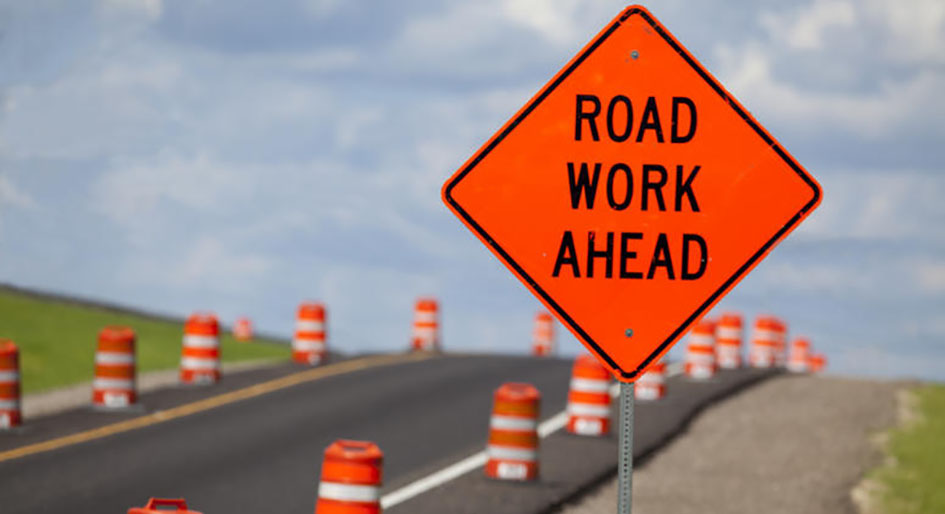Highway improvements for southern Vancouver Island communities will help provide faster public transit services after a joint investment of $95 million from the federal and provincial governments.
The funding will widen around 3.8 kilometres of the highway between the McKenzie and Colwood interchanges to better support continuous northbound and southbound bus-on-shoulder lanes running on the TransCanada Highway.
“We know transit is a vital resource for our West Shore communities, and funding these new dedicated lanes will make taking the bus an even easier choice, so people can count on getting to their homes and work as quickly as possible. It means everyone will have an easier time travelling on our highways,” said Rob Fleming, B.C. transportation minister.
This work connects improvements being made to the Colquitz Bridges Widening project, including its dedicated bus lanes, and transit improvement work BC Transit is completing from the Six Mile area to View Royal, making one continuous route of easier travel for people between communities.
RapidBus is designed to deliver consistent and frequent bus service, limiting stops to high passenger volume areas. Investing in bus-on-shoulder lanes along Highway 1 will accelerate the service’s implementation, making transit for the South Island faster and more reliable.
Funding for this project will include converting and widening the existing shoulders on Highway 1, as well as realignments to ramps and ramp-terminal intersections, installing roadside barriers, additional signage and warning flashers, and constructing a new bridge for pedestrians and cyclists crossing Craigflower Creek.
This project aligns with the South Island Transportation Strategy’s goal to construct more bus lanes along highways and other inter-regional service corridors and more specifically, to develop the Rapid Transit Corridor along Highway 1.
“This is one of the largest investments in transportation and infrastructure in the West Shore’s history, set to deliver faster and more reliable bus service. This will save people time, fuel and money by getting them out of congestion and onto rapid buses,” said Ravi Parmar, MLA Langford-Juan de Fuca.
Work is anticipated to start in early 2025 and be completed by late fall 2027.










